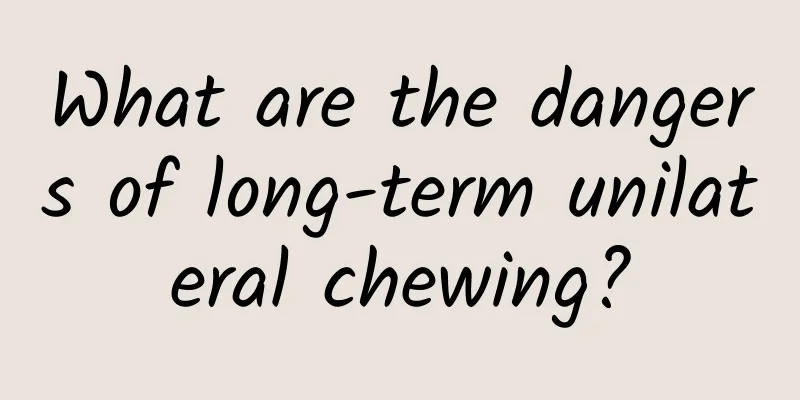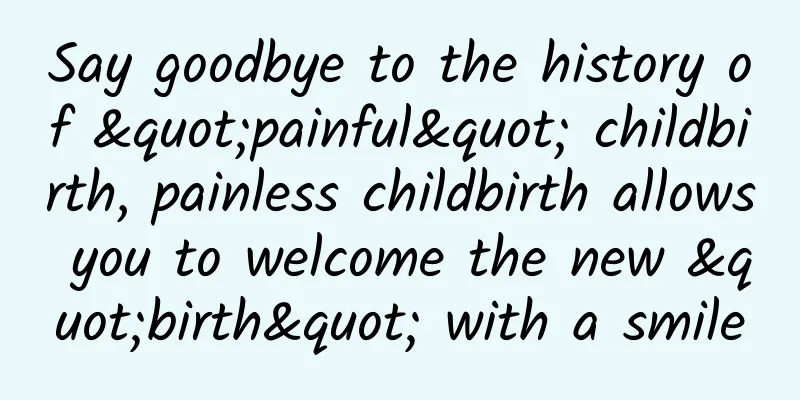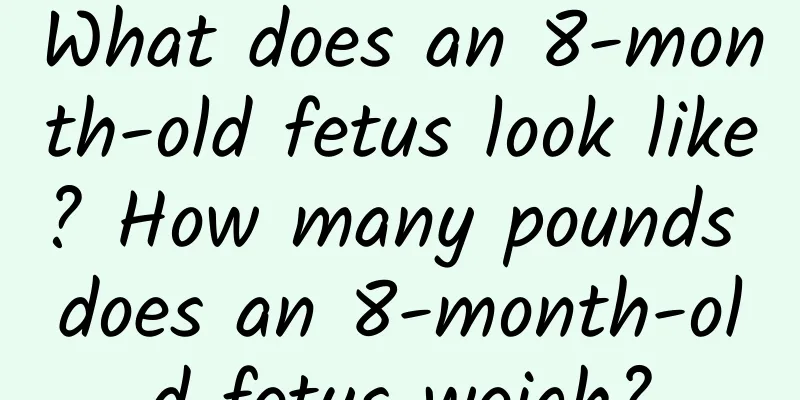What are the dangers of long-term unilateral chewing?

|
In life, when we feel discomfort on one side of the teeth, we tend to chew on the other side, and over time, we develop a habit of chewing on one side. Little do we know that chewing on one side can have adverse effects on health. 01 Malocclusion and occlusal disorder When unilateral chewing occurs, the mandible deviates to the chewing side, and the mandibular midline also deviates to the chewing side. Due to the deviation of the mandible, the occlusal relationship on the chewing side tends to be distal, and the occlusal relationship on the disused side tends to be mesial. In severe cases, lockbite (a type of posterior tooth malocclusion) may occur. 02 Asymmetric facial development For teenagers, the face and jaw are in a period of vigorous growth and development. If they always chew on one side, the side that is often used for chewing will be exercised frequently, which will promote the development of jaw and muscles, thus making the facial tissue on that side fuller; while the side that is often not used or used less will develop poorly and shrink due to lack of exercise. This will cause asymmetry in the left and right sides of the skull, with one side of the face larger and the other smaller. 03 Prone to tooth decay and gingivitis Severe tooth wear Due to the lack of food friction on the unused chewing side teeth for a long time, a large amount of plaque and tartar accumulate on the crown surface and between teeth, which is prone to caries and causes gingivitis and periodontitis. In addition, due to long-term excessive weight, the chewing side will be severely worn out, exposing the dentin. When the teeth encounter cold, hot, sour, or sweet foods, they will experience soreness and other symptoms. In more serious cases, it will cause pulpitis, leading to severe pain. 04 Temporomandibular joint disease Long-term unilateral chewing causes excessive movement of the chewing side joints, increasing the burden, leading to clicking sounds in the temporomandibular joint when opening and closing the mouth, accompanied by symptoms such as pain. To correct unilateral chewing, you should maintain good oral hygiene and treat oral diseases in time. After the cause of unilateral chewing is eliminated, you should insist on chewing with both teeth. If the facial asymmetry is not serious and the age is not too old, the deformity will gradually disappear in the future. Those with facial deflection need orthodontic treatment, and those with severe facial plastic surgery need to recover. |
>>: Drinking cold water can make you gain weight, you can find out the bacteria in your intestines
Recommend
Is it painful for the female to have IVF?
Many female friends may easily suffer from infert...
How can people with poor eloquence do sales? How can people with poor eloquence practice
When it comes to jobs like sales and purchasing, ...
What is the normal value of pelvic effusion? You will understand everything after reading it
Under normal circumstances, the value of female p...
If these factors appear, the baby may be a "high-risk baby"! Learn in advance to be prepared
The arrival of every new life carries the hopes a...
After the age of 50, muscles weaken and strength decreases? What should men do to regain strength?
When Mr. Li was young, he was in good shape and h...
When is the flowering period of osmanthus? What is the growth environment of osmanthus like?
Osmanthus is a famous flower that is deeply loved...
The reason why leucorrhea smells like water
Leucorrhea has a good cleansing and protective ef...
Pull out one white hair and ten more will grow? How do they grow? Finally got the answer!
What causes white hair at a young age? Will pulli...
What is the reason for low fertility?
Progesterone is an important hormone in the femal...
Why can't I sleep well if I have hepatitis B? What are the symptoms of hepatitis B?
Hepatitis B is a very common infectious disease a...
A collection of five solutions for beautiful breasts
Sagging breasts in girls are actually caused by m...
Want to eat but dare not eat, do you really understand anorexia?
Author: Li Xueni, Chief Physician, Peking Univers...
What are the famous buildings in Mexico? What fruits are there in Mexico?
Although it is hot during the recent holidays, ma...
An often overlooked psychological issue: Can children also suffer from post-traumatic stress disorder (PTSD)?
Author: Wang Changhong, Chief Physician/Professor...









